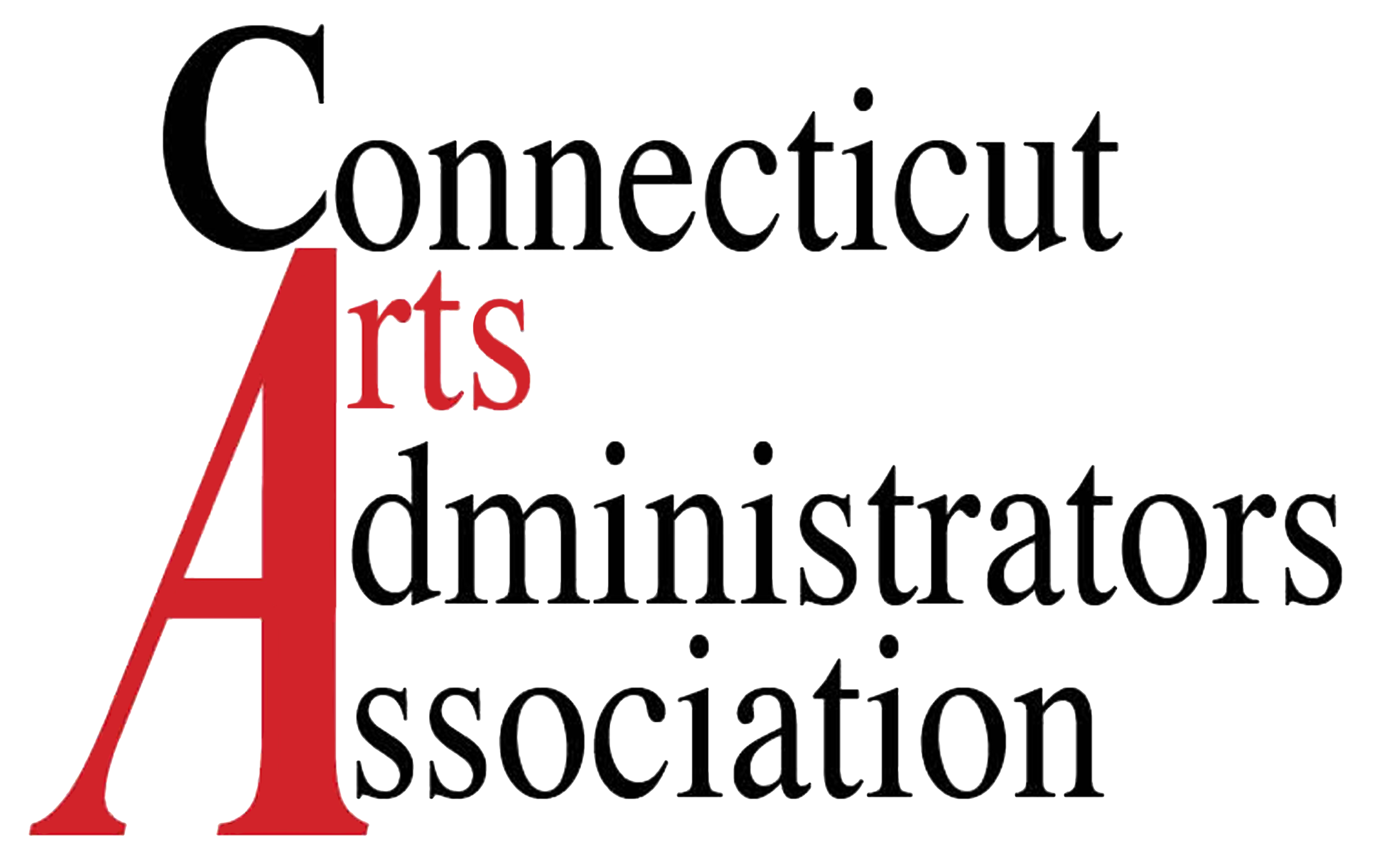Virtual Professional Development
Equity in Music Education
Saturday, February 6th 9 AM – 1 PM
Join us for a virtual half day of professional development inspiration, Equity in Music Education.
Keynote Address by CT Teacher of the Year Sheena Graham
Sheena Graham, began teaching in 1983. She offered workshops on music literacy and connecting parents and teachers, while writing original musicals and creating teaching tools for colleagues. Her recording and writing experience is extensive. Sheena’s original works have been performed locally, at the Kennedy Center in Washington, D.C. and twice at the White House. Her passion for reengaging disengaged students has led to her receiving the Beard Excellence in Teaching Award, among many others. She is Connecticut’s 2019 Teacher of the Year. Her advise to others is, “Do not let your image be designed by your inactivity.”
Session Descriptions
Culturally Responsive Teaching in the Arts Classroom: Alicia Robinson Culturally responsive teaching is a pedagogy that emphasizes high expectations, the formation of cultural competence, and the development of critical consciousness. In the session, participants will review and discuss the central tenants of CRT and incorporating a CRT perspective in the music classroom.
Collecting and Integrating Family Folk Songs from Your School Community Jacqueline Sugrue-Tait Encourage music making and dancing in the homes of your students while learning songs from their families that celebrate their cultures and musical histories! Provide the children with an opportunity to “become the teacher” and take ownership over what they learn in class! I am grateful to have collected over two-hundred authentic folk songs in more than twenty-five languages from the families of my school community through the Family Folk Song Project, based on the book by Cathy Ward. This project provides simple, concrete opportunities for families to experience the joy of sharing music passed from generation to generation together, leading to lifelong connections through music. Participants will be provided with accessible ways to facilitate the song collection process. I will show examples of pen and paper submissions as well as straightforward technology-based submissions which are conducive to both in-person teaching and distance learning. We will watch examples of student videos and discuss how to weave these songs, dances, poems, and hand clapping games into our music curricula to create culturally relevant lessons. I will also share how one cane use these special songs to provide meaningful experiences for a school community through a Family Folk Song Collection and a Family Folk Dance Night with repertoire guided by responses to the project.
¡Sí se puede!: Successful music instruction for English Language Learners: Joseph D’Abramo This hands-on session will provide teachers strategies to help ELL students, using the components of the Sheltered Instruction Observation Protocol (SIOP). Participants will: 1. develop strategies to instruct English language learners 2. apply SIOP practices to repertoire and lesson plans
Reaching a diversity of learners through differentiation: Cara Bernard This session provides strategies for how music teachers might differentiate their instruction and curriculum. We provide the key qualities of differentiation, and the eight categories of differentiation. This session explores the terms differentiation and differentiated instruction in the music classroom. Differentiation is a strategy and philosophy of tailoring student learning to each individual student or groups of students. First, we describe the need for differentiated instruction and how it is often conceived of in school wide goals as well as teacher evaluation. Next, we provide the key qualities of differentiation, including differentiating the products, content, and process in the curriculum and differentiating for students’ readiness, interests, learner profiles, and cultural backgrounds. We address some concerns that music teachers might have with the concept of differentiation. Next, we provide some strategies for how music teachers might differentiate their instruction and curriculum. We will provide lesson plans that demonstrate these strategies. Goals In this session, participants will *develop strategies for how to differentiate for advanced students, students in need of remediation, as well as all others. *identify and apply the key attributes of effective differentiation as outlined by researchBe able to *differentiate the products, content, and process in the curriculum and differentiating for students’ readiness, interests, learner profiles, and cultural backgrounds. *apply differentiation to repertoire and lesson plans *Develop strategies for communicating with administration about differentiation in music
Nurturing Social/Emotional Well-Being in the Music Classroom: Nathaniel Strick Many years from now, when students think about their time in your class, will they remember where B flat is on the music staff? Or will they remember the way their teacher treated the troubled student in class and how they felt accepted and included?
Culturally Responsive Teaching Roundtable Discussion: Laura Gray A round-table discussion, reflecting on the issues in our classrooms today, featuring three urban music educators from varied backgrounds. We will collectively discuss how we can best guide our students, foster meaningful learning, and embrace all the things that contribute to their sense of self. As music educators, we are uniquely positioned to help students discover how to express ideas about issues important to them. This session is not strongly formatted, in order to give flexibility in discourse. These kinds of sometimes-uncomfortable conversations are necessary in order to to better support our students, and our collective work moving forward.
Aural Teaching Strategies from Europe and Asia: A Culturally Responsive Approach Jaimie LaPine, Birce Tanriguden, Jingyue Hu Culturally Responsive Teaching is a pedagogy that recognizes the importance of including students’ cultural heritages in all aspects of learning. Music teachers must constantly strive to engage students in making meaningful connections between their cultures and not only what, but also how they learn in school. This session will focus primarily on the folk music of Turkey and China. We will explore the ways students in both countries learn through rote teaching methods. We will learn songs and games that are common across multiple cultures and highlight ways that music educators can make cross cultural connections for their students. We will provide perspectives and resources from two “culture bearers” that educators can bring back to their general, choral, and instrumental classrooms.
Registration
Registration open until February 4
$25 CMEA Member
$40 Non Member
$10 College Undergraduate Student
Payments: Credit Card or School Purchase Order Form.
Links to the virtual meeting will be emailed to paid registrants one day before this event
OUR SUPPORTERS







